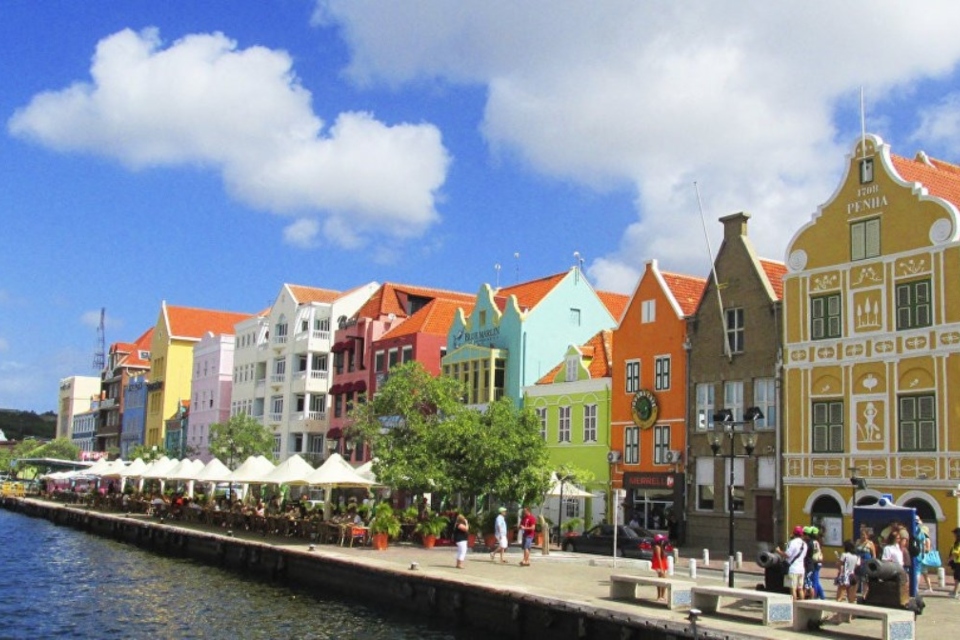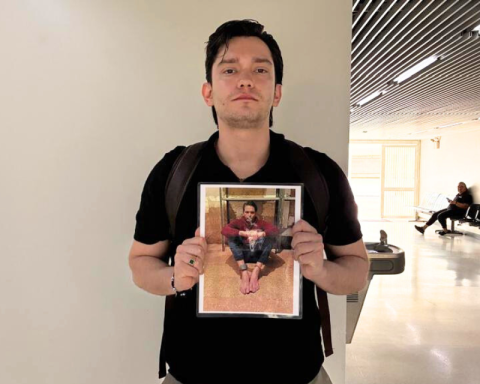Aruba, according to its official figures, is home to a little more than six thousand Venezuelans. But UNHCR numbers indicate that there are almost 17,000 living in that country. According to an immigration expert, not everyone discloses information in the census for fear of being deported
Figures from the Central Bureau of Statistics and the Aruba Population Registry Office indicated that on that island there are, officially, a total of 6,291 Venezuelans living there; according to the census that was carried out in that country during the year 2020 and in which it was evidenced that 55% of the population of our nationals is female.
However, there is a disparity between these official figures from Aruba and those handled by the office of the United Nations High Commissioner for Refugees (Acnur) and the R4V platform; institutions that by May 2023 estimated some 16,800 Venezuelans living on the island; 170% more than what the migratory numbers that that country handles say.
What the Aruban Statistics Office did admit is that there was an increase in Venezuelans in that island country, since in the last report it was reported that 15% of our nationals make up the population of Aruba.
*Read also: More than half of Venezuelan migrants achieve legal status in Latin America
The years in which the largest numbers of Venezuelans settled in the Antilles were 2018 (634), 2019 (617) and 2022 (504). The peaks in the migratory wave coincide with the outbreak of the complex humanitarian emergency in the South American country, collects Chronicles of the Caribbean.
Rina Manzuera, a researcher at the Venezuelan Migration Observatory of the Andrés Bello Catholic University (UCAB), explained that before the pandemic, Venezuelans went to Aruba practically to do tourism and those who decided to stay there living were people with purchasing power.
The problem, according to the expert, is that the tourist destinations have become the ones chosen to emigrate by Venezuelans. That, in turn, brought a significant burden to the health and education systems because it is a resident population and not a tourist.
He said that, although they do the census to make public policies, the truth is that people hide information for fear of being deported from Aruba.
*Read also: «Migration generates benefits and not only when it is qualified»
“When you have the real data, you can design policies for economic, social and cultural integration. But the most important thing is economic, because from there people can be employed and pay taxes, ”he said. The exclusion of Venezuelan emigrants has led to a growth in informality.
Last May 1st, Venezuela and Aruba reopened the maritime border in order to be able to carry out commercial exchanges after four years of closure. The island’s prime minister, Evelyn Wever-Croes, indicated then that, depending on how the relationship evolved, they would consider moving forward in opening the air connection.
Post Views: 89














